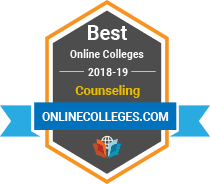Online Schools for Counseling
We’ve done the research and created comprehensive guides to online schools for counseling. Continue below and dive into the details on counseling degree programs, tuition and fees, related career outlooks, employable skills and much more.
Apr 17, 2018 | By OnlineColleges Editors
